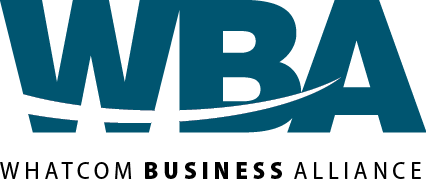Inslee administration restricts agri-tourism, threatens family farms
Washington continues to witness positive trends as hopeful data emerges on the spread of the coronavirus pandemic throughout the state. However, despite the good news, Governor Jay Inslee’s administration has placed additional regulatory burdens on Agri-tourism and family farms. Under the Administration’s new restrictions, customers cannot touch or view animals. Hayrides, games, and touching farm equipment are also restricted activities.
Any violation of the order may result in a $10,000 fine.
Inslee’s decision is expected to result in the closure of family farms across Washington. It is unclear if any known outbreak in Washington or elsewhere can be attributed to Agri-tourism activities. Like the rest of the economic restrictions placed on small businesses since the beginning of the pandemic, Inslee’s decision to shutter family farms did not occur with the input of those most affected by the Governor’s decision.
“The Governor’s latest restrictions on Whatcom County’s family farms make very little sense,” said WBA Executive Director Barbara Chase. “While everyone wants the economy to open safely, the type of outdoor activity prohibited by the Governor’s order certainly poses less risk than the mass gatherings the Governor has condoned or encouraged in the state’s urban areas. These restrictions are going to be devastating for some family farms—including u-pick berry farms—in Whatcom County. This county’s farming community has been a good partner in preventing the spread of this disease. Frankly, they deserve an explanation as to why petting an animal presents an unacceptable risk but gatherings of thousands in King County are a regular, permitted, and even encouraged activity.”
Agriculture, Agri-tourism, and family farms are critical to the Whatcom County economy. The county is one of the largest berry-producing regions in the nation.
We urge you to contact Governor Jay Inslee immediately to voice your concern about the ongoing economic restrictions on rural economies and family farmers.
Please follow the WBA on LinkedIn and Facebook and visit the WBA Policy Center to support our advocacy effort.
The post Inslee administration restricts agri-tourism, threatens family farms appeared first on Whatcom Business Alliance.
